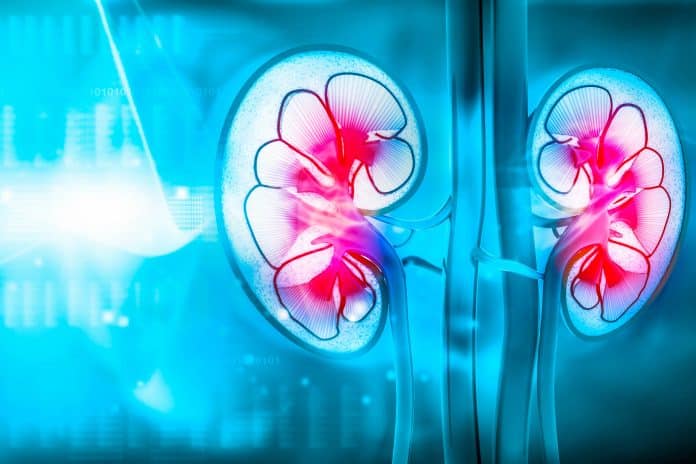Physician advises seeking timely medical care, learning prevention.
If you feel a sharp pain in your back, side, lower abdomen, or groin, or have blood in your urine, you may have a kidney stone – a condition that is common and on the rise. Left untreated, kidney stones can cause serious complications in addition to severe pain. Roderick Bennett, M.D., Medical Director of Emergency Services for Bravera Health Brooksville and Spring Hill, is making sure patients know timely treatment can prevent permanent damage.
Kidney stones are hard, pebble-like pieces of material that form in one or both of your kidneys when high levels of certain minerals are in your urine. Kidney stones vary in size and shape – as small as a grain of sand or as large as a pea and rarely, as big as golf balls.
A small kidney stone may pass through your urinary tract on its own, causing little or no pain or other symptoms. A larger kidney stone may get stuck along the way and block the flow of urine. If kidney stones are not treated, they can cause blood in the urine; severe pain; urinary tract infections (UTIs), including kidney infections; and loss of kidney function. “Kidney stones can be extremely painful, but we have methods to manage the pain and eliminate the stones,” said Dr. Bennett. “Don’t delay care. We can help.”
The National Kidney Foundation reports that over half a million people go to emergency rooms for kidney stone problems every year. And it is estimated that one in ten people will have a kidney stone at some time in their lives. If you have a family history of kidney stones, you are more likely to develop them. You are also more likely to develop kidney stones again if you’ve had them once, have high blood pressure, diabetes or obesity or if you don’t drink enough liquids.
“To diagnose kidney stones, we use the patient’s medical history, a physical exam, and tests which also may show problems that caused a kidney stone to form,” added Dr. Bennett. “Treatment usually depends on the size, location and composition of the kidney stones. Patients may be able to prevent kidney stones by drinking enough water, changing the way they eat, or taking medicines.”
Four dietary tips from the National Kidney Foundation can help you prevent painful kidney stones.
• Drink plenty of fluids when exercising and sweating. Sweat water loss leads to less urine production, allowing stone-causing minerals to settle and bond in the kidneys and urinary tract.
• Eat and drink calcium and oxalate-rich foods together during a meal to make it more likely they will bind to one another in the stomach and intestines before the kidneys begin processing. High levels of oxalate are found in peanuts, rhubarb, spinach, beets, chocolate and sweet potatoes.
• Maintain your calcium intake but cut back on sodium. A diet low in calcium increases your risk of developing kidney stones.
• Eat more fruits and vegetables and less animal-based protein to help decrease urine acidity which can reduce the chance for stone formation.
If you suspect you may have a kidney stone, contact an urologist or your primary care physician. If you have abdominal pain and experience the following symptoms, seek emergency medical care right away.
• High fever
• Black or bloody stools
• Vomiting blood
• Chest pain or difficulty breathing
• Dizziness or feeling you might pass out
• Pain that extends to your back


